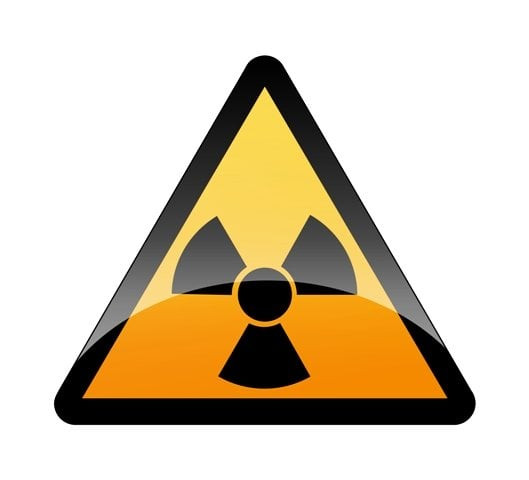Indo-US nuclear deal: Speakers highlight reservations, double standards
Lambast Nuclear Suppliers Group’s ‘contradictory’ policies.

Lambast Nuclear Suppliers Group’s ‘contradictory’ policies. PHOTO: FILE.
Pakistan has serious reservations over the Indo-US nuclear deal and related efforts promoting India in the international nuclear order and is closely monitoring regional and global developments in this regard.
This was stated by leader of the house in the Senate, Raja Zafarul Haq while chairing a seminar at Institute of Policy Studies (IPS) on ‘Indo-US Nuclear Deal and Pakistan: The Years Ahead’ on Thursday. The seminar was also addressed by former ambassador Tariq Osman Hyder and IPS Director General Khalid Rahman.

Haq said Pakistan would build upon its own strengths to improve its nuclear capabilities for civil use and maintain a formidable defence and would also explore other avenues for the purpose.
He said Pakistan had been able to ride the tide and counter challenges posed to it since its inception. The newly elected government had the formidable task of reviving the dignity of the country and rise as a respectable nation, he added.
Tariq Osman Hyder, an expert on the subject, asked the United States and other members of the Nuclear Suppliers Group (NSG) to adopt a “non-discriminatory, criteria-based approach” in extending nuclear cooperation to other countries.
Underlining the anomalies, contradictions and double-standards in Indo-US nuclear deal, he said that eight Indian power reactors had been permitted to remain outside IAEA’s safeguards without any justification and were capable of producing weapons grade plutonium.

“It seems that non-proliferation is a mere cliché and means nothing to the NSG countries”, he observed, adding that “for this purpose, not only international laws were violated but the US had to amend its domestic laws too”.
The speaker was of the view that US was investing in India as part of a “grand strategy” in which India is part of an “anti-China coalition”.
He stressed the need to better project the efforts of Pakistan in the field of nuclear security and non-proliferation.
Highlighting Pakistan’s persistent efforts to instill a culture of security in all facets of its nuclear program, he said that security consciousness had been an integral part of Pakistan’s nuclear development and the country had an “active and ongoing collaboration” with the IAEA on civil nuclear security issues.
“While Pakistan will continue to act with responsibility in maintaining minimum credible deterrence and to avoid an arms race, it will neither be oblivious to its security requirements nor to the needs of its economic development which demand growth in the energy sector including civilian nuclear power generation,” he emphasised.
Published in The Express Tribune, June 28th, 2013.



















COMMENTS
Comments are moderated and generally will be posted if they are on-topic and not abusive.
For more information, please see our Comments FAQ